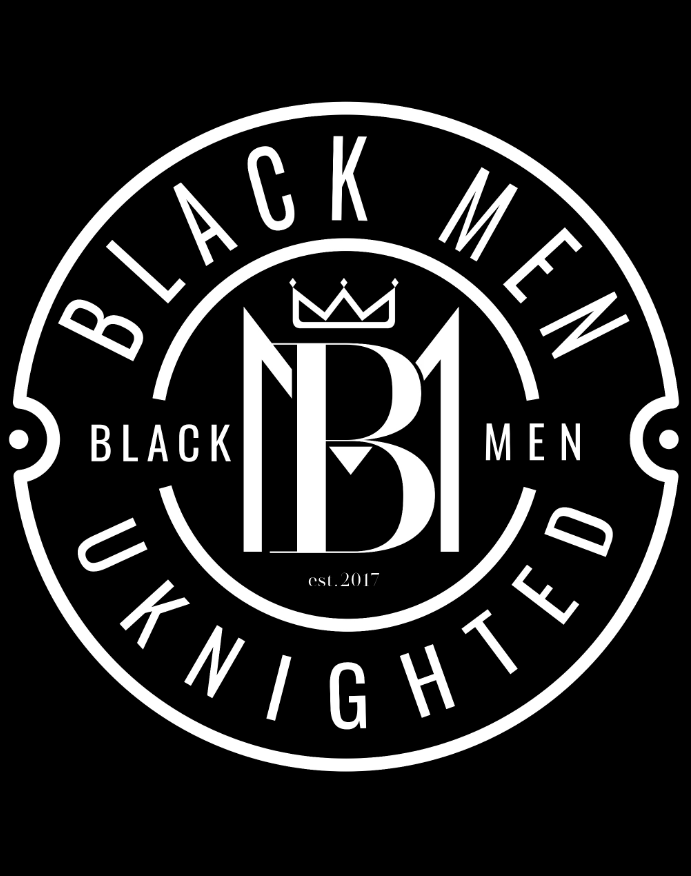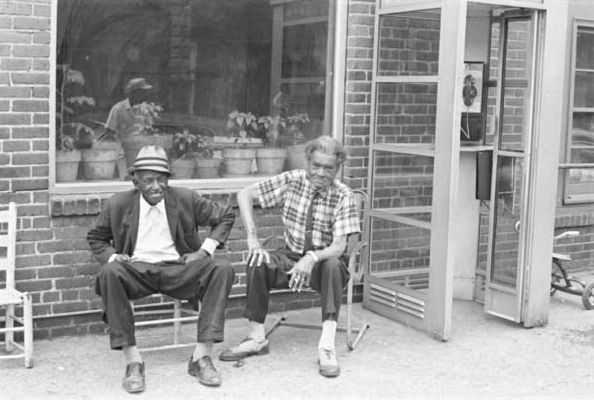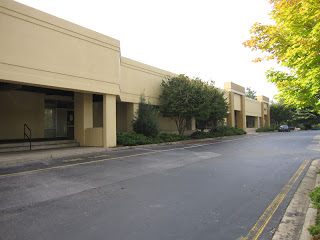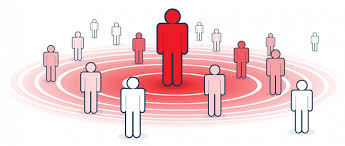What can I do?
Whether it’s the murder of George Floyd, the health and economic impacts of Covid-19, or the widespread militarized police responses to peaceful protesting, the racialized brutalities of America are staring many White folks in the face and piercing hearts in a new way. I see more White people recognizing the urgency to defend Black lives, to insure racial justice, and to be part of the movement for liberation. I hear a lot of us asking: What can I do?
The thing is, Black leaders have been telling us what to do for centuries. White folks, we’re the ones who haven’t been listening. Dr. Dwight Mullen told me that he was in the 9th grade the first time White folks asked him what they should do. And from that first experience to almost 50 years later, the same trend is true. White folks ask and then do something else or nothing at all. What I’m hearing from some local leaders is — We’ve been telling y’all what needs to be done and it’s not happening. We’re tired of telling y’all.
But what seems consistent in the history of race relationships in America is that Black folks keep giving us another chance, keep investing life energy and time into telling us what must be done. At a recent vigil for Black Lives lost, Rob Thomas with the Racial Justice Coalition was speaking about the policies that create the society we live in, “It won’t change until y’all are with us to change it.”
In this new moment when White folks are eager to be a part of the movement, let’s listen when Black leaders tell us what to advocate for. Let’s listen when we are told how to join with Black community to make changes happen. In addition to the demands being made to City officials, I also hear locals naming the necessity for long term efforts that lead to self-sufficiency.
Longterm Efforts that Lead to Self-Sufficiency

Cultivating an economic floor for Black community is paramount to many leaders who are part of Black Men Uknighted, a group of entrepreneurs, business owners, pastors, non-profit leaders, social workers, and other Black men who are positively affecting the community. The mission is to be a voice and strategic partner that builds economics and leads change within the Black Community through investing, networking, educating, mentoring, and community involvement. Financing and supporting Black owned businesses and spaces for Asheville’s Black community to congregate is essential.
Money and property is necessary for this type of economic and social development.
I hear Black leaders saying:
“Allocate resources so we can do for ourselves.”
“Let us employ our own people and circulate our own dollar throughout our communities.”
“Contribute property, space, and startup capital for us to grow businesses and cultivate community.”

Urban Renewal in the late 1950’s, 60’s and 70’s, and its side effects, took the economic floor out from underneath Asheville’s Black community. It destroyed areas of commerce and places where Black folks congregated and socialized.
In addition to Urban Renewal, there have been 400+ years of Anti-Black racial discrimination and systemic oppression. Equity involves acknowledging and compensating for the outcomes of those 400+ years… so that one day, all of our grandchildren might actually have freedom and equality in this country.
Ideas for Resource Distribution
- Give Black communities buildings, property, and land.
If community leaders had buildings to open shops in, to start new schools, or apartment buildings to lease… If there was access to land to develop and land to farm on… “We can do for ourselves.” Read below for specifics of what one group would like to develop in Asheville.
- Participatory budgeting with City and County funds.
A community controlled, participatory budgeting process used to invest in long-term strategies, including supporting Black startups and businesses, workforce development, and eliminating the racial opportunity gap in Asheville City Schools.
- A guaranteed annual income that reflects the cost of living
If people have money to create and run their own businesses, buy healthcare, send their children to the schools that can serve them, etc., “We can do for ourselves.”
Longterm Solution — “A place where we can have community.”
That’s how Keynon Lake, community leader and founder/director of My Daddy Taught Me That spoke about the vision that Black Men Uknighted (BMU) has. For this vision to come to life, collaborative advocacy and action is required to secure:
— Property that is already developed with land for growth and additional development.
Property would be used for professional offices and businesses such as a barber shop, hair salon, clothing shop, and restaurant. It would also serve as a safe haven for youth, open 7 days a week, with a gym, tutors, counselors, and youth development programming.

Examples of existing property that could serve this function: Westgate Shopping Center & parking lot, old K-mart Plaza and parking lot, Innsbruck Mall.
— Financial support for startup capital, construction for renovations and development, reduced taxes, utilities fees waved, etc. for 5-10 years
It will take time to develop a property that has been used for other purposes and turn it into a sustainable economic hub. City and County can provide financial support through reduced or waived taxes, chartered relationships for free utilities, and capital investments for construction, renovations and maintenance of the properties for a limited amount of time.
“As a community, we could really DO something if we could make this happen.” ~Keynon Lake.
What is Your Sphere of Influence?

To White folks reading this, who do you know? What power are you in relationship with to support this idea coming to fruition? What time and energy can you invest to advocate for, locate, and insure a smooth transfer of funding that can be used by Black leaders to rebuild the economic floor of Black community? How will you check yourself and remain accountable so that your efforts to support involve deep listening, follow-through, and recognizing when it’s time to get out of the way?
Black leaders are telling us what is necessary. It’s our responsibility to listen, amplify their leadership, and invest the time and sweat that is required to collaboratively dismantle 400+ years of systemic racism and to cultivate a society and community that is actually grounded in freedom and justice for all… which is achieved by insuring freedom and justice for Black bodied people.
Thank you for this clear, concise and actionable information! I appreciate you bringing these concrete proposals and ideas to my attention. We can do this. We can move forward.
I love the ideas presented. The beginning of the article was a little off putting when you say black people are tired of telling whites how they can help. Frustration is always part of change but alienation through expressing frustration may not be a good place to start.
Hi Love,
Certainly my intent is not to alienate. And, I do want to share facts with White folks who are asking “What can I do?” It’s important for us to understand that the question has been asked and answered already and there is historical demonstration of inaction and potentially a lack of trust that if we ask, we actually intend to do something. How might you offer these facts and the reality of the situation in a way that is not alienating?
Thank you,
Ashley
Sounds like an Asheville Greenworks For the black community so maybe working with them to get a plan in helping get this started would be a good idea.